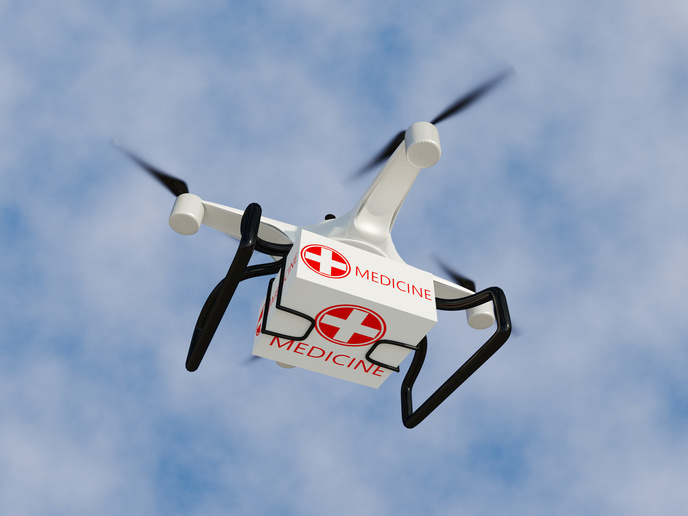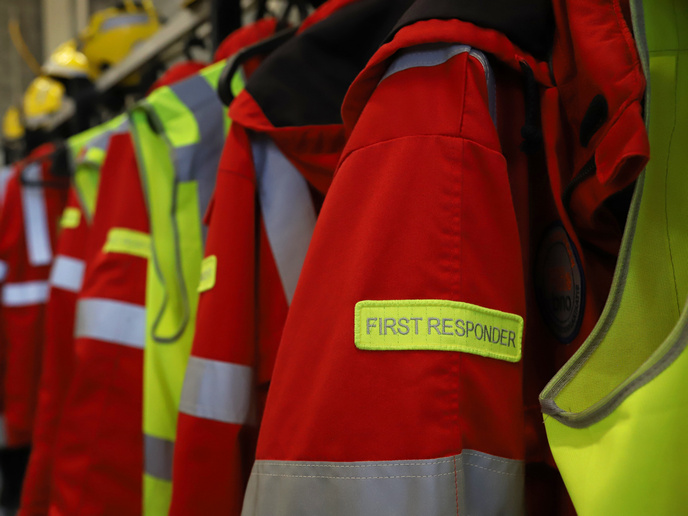The next generation of maritime awareness and surveillance
Although modern maritime is a high-tech sector, the exception to this rule is the Arctic. Due to a lack of critical infrastructure and its overall remoteness, the region tends to lack the precise positioning and data collection capabilities, and safety mechanisms available to the general maritime sector. Furthermore, from a coastguard point of view, cooperation in the Arctic region is challenging due to the lack of shared situational understanding. “While data and technology present considerable opportunities, they also pose a number of threats, including increased vulnerabilities to accidents, pollution, border infringements and criminal activities,” says Isto Mattila, a researcher at Laurea University of Applied Sciences in Finland. In the ecologically fragile and geopolitically sensitive Arctic, these vulnerabilities are only exacerbated. Answering the need for more robust maritime surveillance is the EU-funded AI-ARC project. “Through novel technologies and innovations, AI-ARC will improve maritime situational awareness, decision-making, communication, search and rescue resources, and thus the overall safety and security of all EU maritime actors – particularly those operating in the Arctic Ocean,” adds Mattila, who serves as the project’s coordinator.
AI-based virtual control room
At the heart of the project is an innovative virtual control room (VCR), a platform that uses artificial intelligence (AI) to provide users with amped up – and heavily automated – situational awareness capabilities. “This tool represents the next generation of maritime situational awareness and surveillance – it’s the equivalent of going from a flip phone to a smartphone,” explains Mattila. Having been developed and tested with actual maritime users, the platform is fully compliant with the European Border Surveillance System (EUROSUR). It can also be seamlessly integrated into the EU’s common information sharing environment (CISE), thus ensuring cross-border interoperability. “Our collaboration workspace, which is based on innovative and efficient AI services, will significantly enhance border and external security, as well as support cooperation managing external borders in the Arctic and high north seas,” notes Mattila. “Better yet, it will do so in a cost-efficient way and not increase the user’s workload.” In addition to the VCR, the project validated several new maritime technologies, including an automatic anomaly detection tool. It also developed new standards for data sharing, some of which have already been adopted by the European Telecommunications Standards Institute (ETSI).
Enhancing situational awareness, surveillance and security
The AI-ARC solutions are expected to benefit coast and border guard authorities, coastal communities and private enterprises, including the fishing, cruise and merchant shipping industries. “By enhancing the situational awareness, surveillance and security of these end users, the AI-ARC project support’s the EU’s work to improve border management, build secure and sustainable societies, and protect the freedom and security of Europe and its citizens,” concludes Mattila. The project also helps advance the EU’s ambition for a stronger engagement towards a peaceful, sustainable and prosperous Arctic. The AI-ARC team is currently working to develop its solutions towards commercialisation in the VIGIMARE project starting September 2024.
Keywords
AI-ARC, maritime, situational awareness, Arctic Ocean, maritime surveillance, security, artificial intelligence, AI, VIGIMARE







